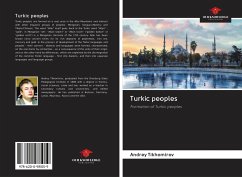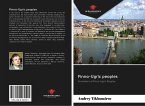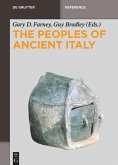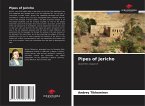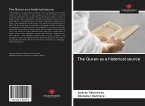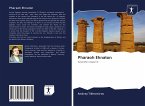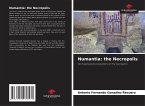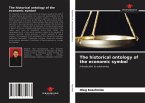Turkic peoples are formed on a vast area in the Altai Mountains and interact with other linguistic groups of peoples: Mongolian, Tunguso-Manchu and Tibeto-Chinese. The word "Altai" itself goes back to the Turkic word "Altyn" - "gold", in Mongolian "alt". "Altan tobchi" or "Altan tovch" ("golden button" or "golden arch") is a Mongolian chronicle of the 17th century. Altai has been known since ancient times for its rich deposits of polymetals, iron ore, mercury and gold. In the process of development of the Türkic languages and peoples - their carriers - dialects and languages were formed, characterized, on the one hand, by similarities - as a consequence of the unity of their origin, and on the other hand by differences, which are explained by the disintegration of the common Türkic language - first into dialects, and then into separate languages and language groups.
Hinweis: Dieser Artikel kann nur an eine deutsche Lieferadresse ausgeliefert werden.
Hinweis: Dieser Artikel kann nur an eine deutsche Lieferadresse ausgeliefert werden.

